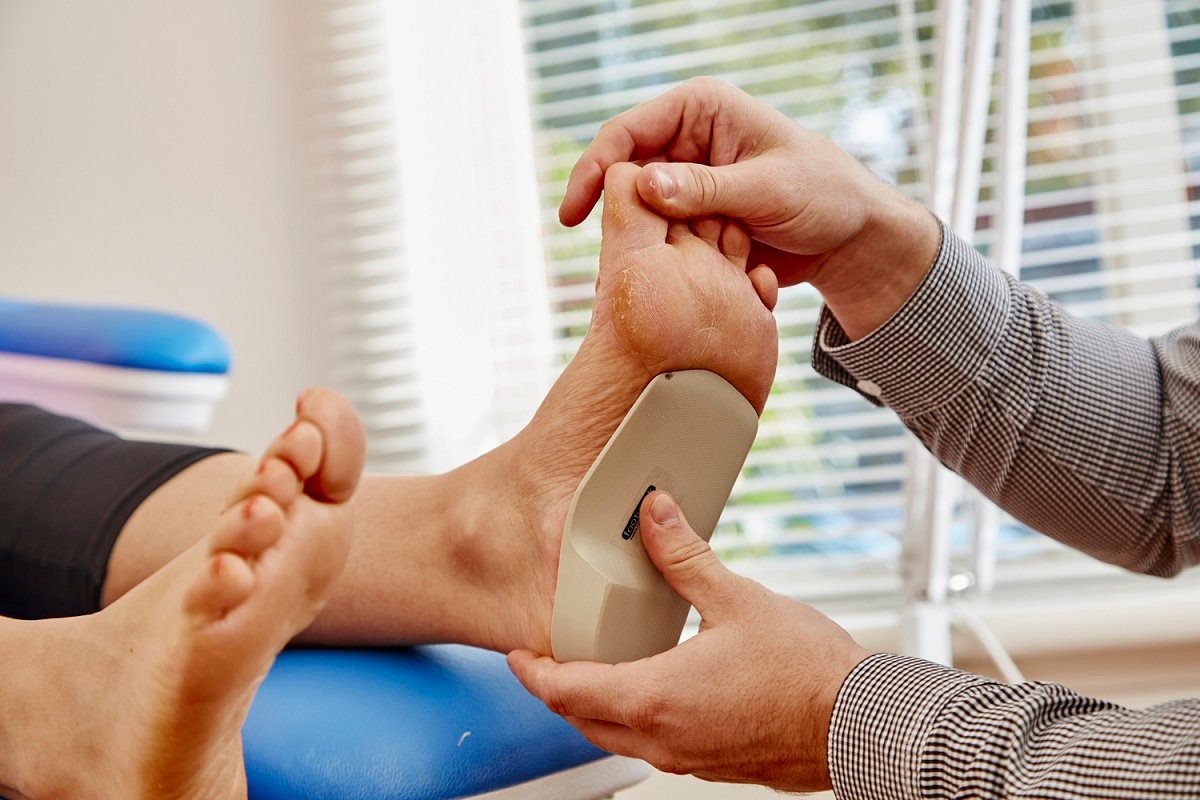Are you taking your hearing for granted? Regular hearing tests may not be at the top of your to-do list, but they should be. Your hearing health plays a vital role in your overall well-being. This article will explore the importance of regular hearing tests and why you need to prioritize them.
Understanding The Importance Of Regular Hearing Tests
Hearing loss is a common problem affecting millions worldwide. It can occur gradually over time or suddenly due to certain factors like exposure to loud noise or aging. With regular testing, you might realize your hearing is deteriorating. This can lead to missed opportunities, reduced quality of life, and even social isolation.
Regular hearing tests are essential for monitoring your hearing health and catching any issues early on. These tests can help identify your hearing loss’s specific type and degree, allowing for customized treatments and interventions. By detecting hearing loss early, you can take appropriate measures to prevent further damage and improve your overall quality of life.
Signs And Symptoms Of Hearing Loss:
Awareness of the signs and symptoms of hearing loss is essential. While the most obvious sign is difficulty hearing or understanding conversations, there are other indicators to watch out for. These include:
- Frequently asking others to repeat themselves: If you constantly ask people to repeat what they said, it could be a sign of hearing loss.
- Struggling to hear in noisy environments: Difficulty hearing in places with background noise, such as restaurants or crowded areas, can be a sign of hearing loss.
- Turning up the volume: If you constantly need to turn up the volume on the TV or radio, it may indicate hearing loss.
- Ringing or buzzing in the ears: Tinnitus, a ringing or buzzing sound in the ears, can be a symptom of hearing loss.
- Avoiding social situations: If you find yourself avoiding social gatherings or withdrawing from conversations due to difficulty hearing, it’s time to get your hearing tested.
The Impact Of Untreated Hearing Loss On Daily Life
Untreated hearing loss can significantly impact daily life. It can affect your communication ability, leading to misunderstandings and frustration. Additionally, hearing loss can make it challenging to enjoy activities that rely on good hearing, such as listening to music, watching movies, or conversing with loved ones.
Moreover, untreated hearing loss has been linked to cognitive decline and an increased risk of developing conditions like dementia. When you can’t hear properly, your brain has to work harder to process sounds, which can lead to mental fatigue and cognitive decline over time. Addressing hearing loss through regular testing can reduce the risk of these associated complications.
Benefits Of Early Detection Through Regular Hearing Tests
One key benefit of regular hearing tests is early detection. By identifying hearing loss early on, you can take proactive steps to manage and treat it effectively. Early detection allows various treatment options, including hearing aids, assistive listening devices, and auditory rehabilitation programs.
When left untreated, hearing loss can worsen over time and become more challenging to manage. Addressing it early can prevent further deterioration and maintain a higher quality of life. Early intervention also offers the opportunity to develop coping strategies and improve communication skills, ensuring you can continue engaging in conversations and activities you enjoy.
Types Of Hearing Tests Available
There are several types of hearing tests available to assess your hearing health. These tests are conducted by audiologists, trained professionals specializing in hearing healthcare. Some of the most common hearing tests include:
- Pure-tone audiometry: This test measures your ability to hear different pitches or frequencies.
- Speech audiometry: This test evaluates how well you can hear and understand speech in different listening environments.
- Tympanometry: This test assesses the health and functionality of your middle ear by measuring how it responds to changes in air pressure.
- Otoacoustic emissions (OAE) test: This test measures the sounds emitted by the inner ear in response to a sound stimulus.
The specific tests you may undergo will depend on your symptoms, medical history, and the recommendation of your audiologist. It’s essential to consult with The Hearing Professionals to determine the most appropriate tests for your situation.
How Often Should You Have A Hearing Test?
The frequency of hearing tests depends on various factors, including age, overall health, and exposure to risk factors. As a general guideline, adults should have their hearing tested at least every three to five years. However, if they have a history of hearing loss, work in a noisy environment, or have other risk factors, more frequent testing may be necessary.
Regular hearing tests are crucial for ensuring proper speech and language development. It is recommended that children have their hearing tested at birth, during infancy, and regularly throughout their school years.
Where To Get A Hearing Test
It is best to consult with an audiologist or hearing healthcare professional to get a hearing test. These professionals have the expertise and specialized equipment to assess your hearing accurately. You can find audiologists in private clinics, hospitals, or hearing centers. Choosing a reputable provider is essential to ensure you receive accurate results and appropriate recommendations for your hearing health.
How To Prepare For A Hearing Test
Before your hearing test, there are a few steps you can take to prepare:
- Gather relevant information: Note any symptoms you’ve been experiencing and any medications or medical conditions applicable to your hearing health.
- Write down questions: Prepare a list of questions or concerns about your hearing to discuss with the audiologist during the appointment.
- Bring a companion: Consider bringing a family member or friend to support and help communicate any information you may miss during the test.
- Be ready to share: Be prepared to provide information about your lifestyle, job, and hobbies, as these factors can impact your hearing health.
By preparing in advance, you can make the most of your hearing test appointment and ensure that all relevant information is considered.
Conclusion: Taking Care Of Your Hearing Health
Take your time. Prioritize regular hearing tests and take control of your hearing health today. By understanding the importance of regular testing, recognizing the signs of hearing loss, and seeking professional help, you can prevent further damage, improve your quality of life, and maintain better overall well-being. Remember, your hearing is precious, and investing in its care is an investment in yourself. Take the first step towards better hearing by scheduling a hearing test with a qualified professional today.




